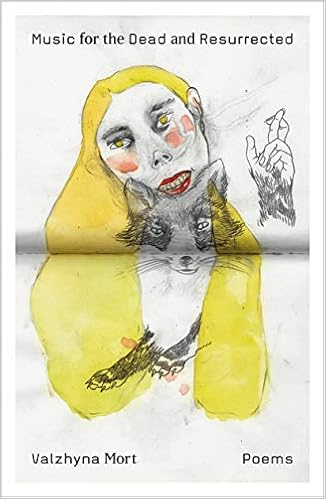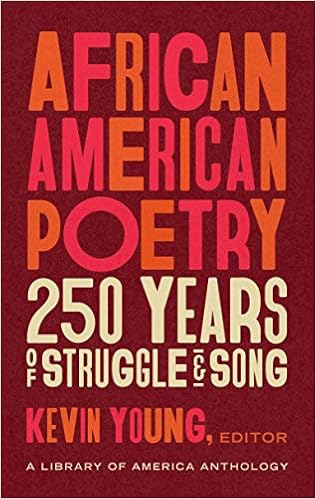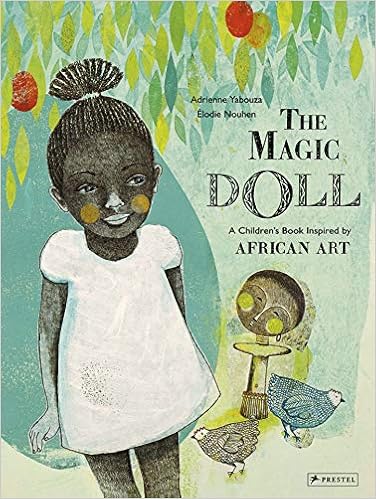Source: Publisher
Paperback, 62 pgs.
I am an Amazon Affiliate
Pink by Sylvie Baumgartel is startlingly does not have a pink cover. In fact, it has a gray cover, which perfectly mirrors the gray in the relationships explored — mother-daughter, father-daughter, narrator-art, changes in climate, and more.
The collection opens with “The Washing” in which mothers and daughters wash together — a mother who washes secrets — and it is compared to the “washing” of the Sistine Chapel, in which fig leaves are removed to expose genitals and the windows to the soul are lost. It makes you think about what we wash away when the secrets are cleansed or kept hidden — how awful can the truth be?
We move later in the collection to “Pregnancy” (pg. 9) in which the narrator feels numb but everything is out of sorts as the “Blood that feeds my/Part parasite,/Part god, baby boy.//” is a far cry from how it is portrayed in art. The narrator says, “I wonder if what paintings/Really want is to reproduce./A baby of their own.// With many paintings made famous by men, perhaps the narrator is right because those painters are unable to do so naturally.
The collections call on the color of femininity, love, and kindness stands in juxtaposition to the nearly clinical precision with which Baumgartel examines relationships and art. She even explores the abuse suffered by boys at the hands of priests who believed “they could get away with it/Because the boys couldn’t hear each other/Scream.//” (from “The Mission Bell”, pg. 11-2).
Pink by Sylvie Baumgartel is a stunning poet with stark imagery in each poem that will force readers to reorient themselves and rethink the world around them. Between the grotesque and the use of color, she creates a world in which the narrator needs to break through the morass and the societal norms to be born again.
RATING: Quatrain













